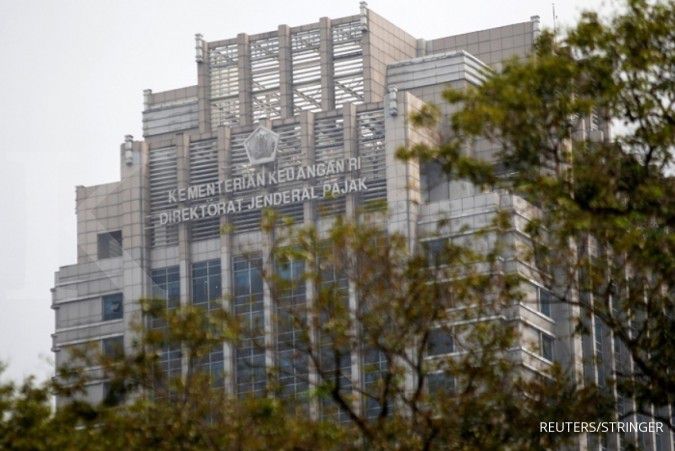TAX - JAKARTA. The implementation of a global digital tax is still unclear. The Organisation for Economic Cooperation and Development (OECD) has postponed the deadline for signing the Multilateral Convention (MLC) Pillar 1: Unified Approach from the end of this year to next year.
According to an OECD report published on December 18, 2023, the completion and signing of MLC Pillar 1, originally targeted for the end of this year, has been pushed back to the end of March 2024 for discussion and is planned to be signed by the end of June 2024.
This delay is due to significant issues between jurisdictions that hinder the completion of the MLC text.
One of them is related to countries that have taken unilateral steps in implementing a digital service tax (DST) or digital service tax, which is considered to undermine global consensus.
"Recognizing that efforts to resolve remaining differences must continue into next year, including about the cessation of DST and similar matters. Members of the Inclusive Framework reaffirm their commitment to achieving a consensus-based solution and to finalizing the MLC text by the end of March 2024 to hold the signing at the end of June 2024," the OECD wrote in its report.
Executive Director of MUC Tax Research Wahyu Nuryanto said the delay in signing the MLC on Pillar One taxation shows that discussions in the Inclusive Framework member countries are still very dynamic.
In the context of Indonesia's interest in benefiting from the allocation of global digital company taxation, the delay in consensus is a loss.
"This means that the opportunity to get additional tax from the digital economy is delayed again," Wahyu told Kontan.co.id, Thursday (21/12).
He understands that every country or jurisdiction certainly hopes to get the maximum benefit from this agreement. However, with the existing dynamics, Indonesia also needs to be realistic as there is no guarantee whether this deadline extension is the last or there will be another extension.
"If this Pillar One is continuously postponed, it becomes uncertain. There should be a deadline when this will be decided, so if after that deadline a global agreement is not reached, countries can implement unilateral measures," he said.
Therefore, Wahyu suggests that the government start thinking about this. For example, by preparing unilateral steps in collecting taxes on the income of these digital companies.
Through this unilateral step, Indonesia can tax digital companies that earn income in Indonesia without having to wait for a global agreement.
Wahyu added that, actually with Pillar One it was agreed that the implementation of unilateral measures would be abolished. Unfortunately, some countries have already implemented it. For example, Canada, which will implement a digital service tax in 2024, and New Zealand in 2025.
"Canada and New Zealand are examples of the implementation of unilateral measures by some countries," Wahyu explained.
/2019/07/17/1145539642p.jpg)















